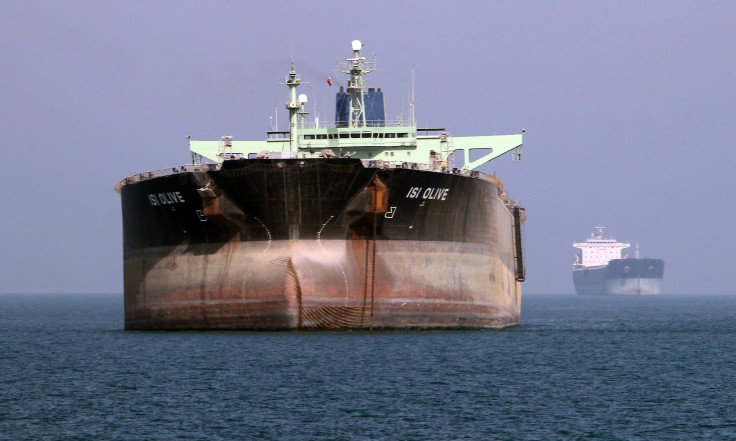Iran Oil Minister Talks Production Caps, Invites US Investment In Country’s Oil Industry

Iran’s Oil Minister Bijan Namdar Zanganeh said Sunday that the country had placed no restrictions on U.S. companies to invest in Iran’s oil and gas industry. He added that limitations had been in fact imposed by the U.S. government, hindering the expansion of its oil projects, reports said.
Zanganeh said that the ministry is negotiating with Germany’s Siemens and U.S.-based General Electric over oil and gas equipment. International sanctions against Iran lasting over a decade were lifted this year after a United Nations watchdog confirmed that the country had complied with a deal to prevent it from developing nuclear weapons.
Last month, the multinational industrial equipment maker, General Electric said that it is in negotiations with Iran, exploring business opportunities in the oil and gas space.
With the lifting of sanctions, Iran, which has the third-largest share of crude oil reserves among the Organization of the Petroleum Exporting Countries (OPEC), refused to freeze its output at January levels, even as Saudi Arabia, Iraq, Kuwait and United Arab Emirates signaled their willingness to cap production in a bid to arrest the downward spiral of crude oil prices, already at their lowest in a decade.
Iranian officials have reportedly maintained that the country “will not forgo its share of the market.”
On Sunday, Zanganeh told local media that Iran is ready to accompany other oil producers on the issue of output freezes after its production reaches 4 million barrels per day. Zanganeh was responding to a question about whether Russian Energy Minister Alexander Novak would try to convince Iran to join the oil output freeze during a visit later this week.
According to Zanganeh, Iran saw $70 per barrel as a suitable oil price, though he said the government would be satisfied with less. Tehran will soon boost its crude oil export to 2 million barrels per day, he added.
© Copyright IBTimes 2024. All rights reserved.





















